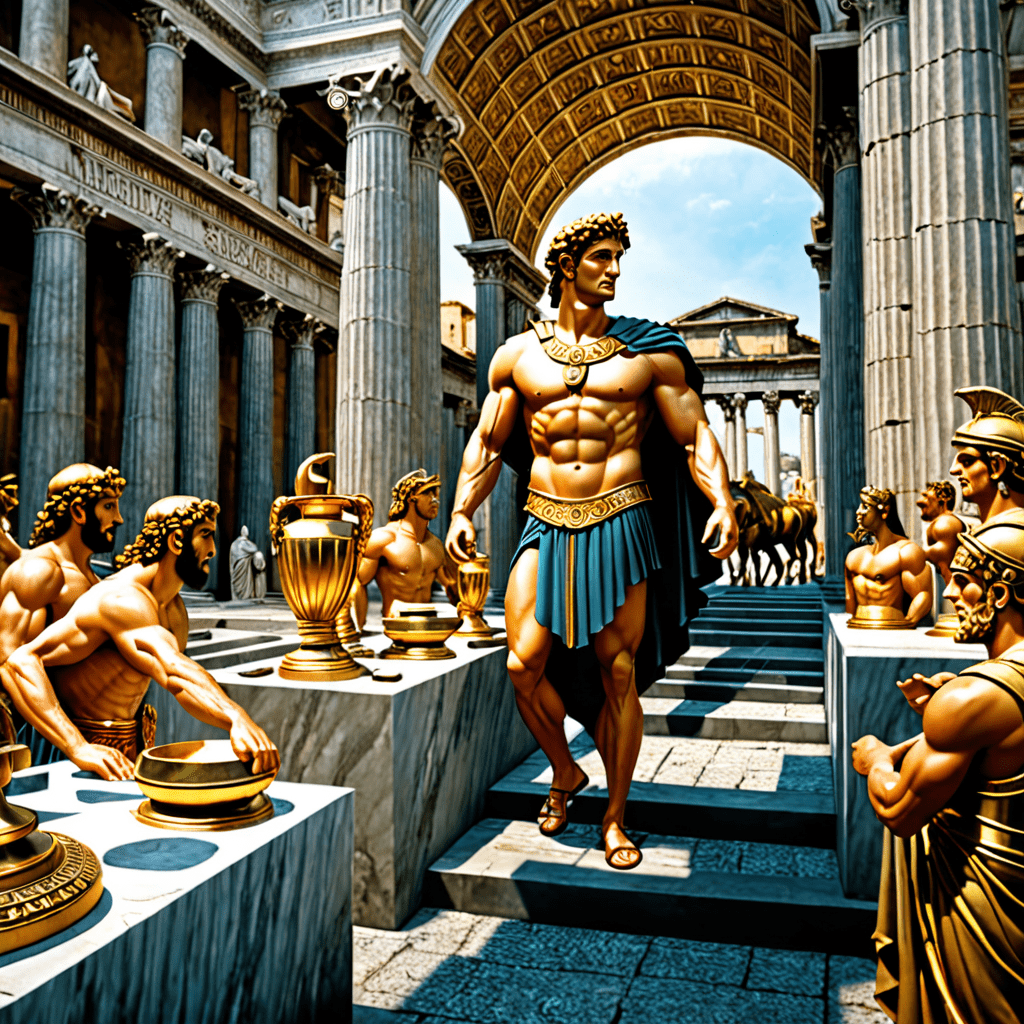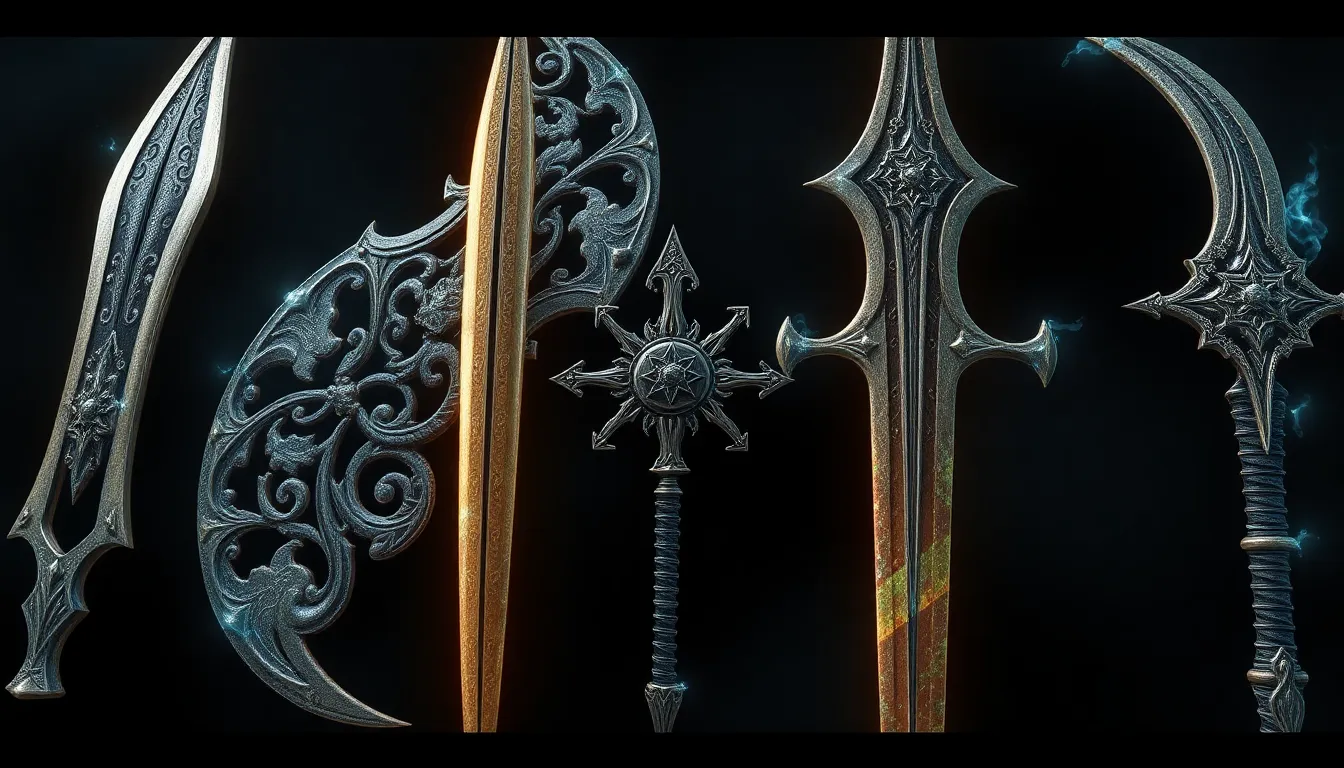Roman Mythology and Trade: A Look into Commerce Among the Ancient Deities
Trade and commerce were fundamental aspects of the ancient Roman civilization, intertwined with myths and legends that provided insight into how commerce was perceived and valued in Roman society. Let’s delve into some of the key concepts and deities related to trade in Roman mythology.
Mercury: The Patron Deity of Merchants and Commerce
In Roman mythology, Mercury, known as Hermes in Greek mythology, was revered as the god of trade, merchants, and travelers. With his winged sandals and hat, Mercury symbolized swift and profitable business transactions. Merchants often made offerings to Mercury before embarking on journeys or engaging in trade to seek his guidance and blessings for successful deals.
Liberalitas: The Goddess of Generosity and Fair Dealing
Liberalitas was another important deity associated with trade in Roman mythology. She represented generosity, fairness, and the proper conduct of business dealings. Romans believed that maintaining integrity and acting with generosity in trade would result in prosperous and harmonious commercial relationships. Offerings to Liberalitas were common among traders seeking ethical success in their ventures.
The Myth of Ceres and the Origins of Agriculture
While not directly related to trade, the story of Ceres, the goddess of agriculture, holds significance in understanding the economic landscape of ancient Rome. Ceres, who was responsible for the growth of grains and crops, played a vital role in ensuring a stable food supply for the Roman people, thereby influencing trade relationships and the development of markets based on agricultural goods.
Pluto and Prosperity: Uncovering Wealth in Roman Mythology
Pluto, the ruler of the underworld, wasn’t just associated with death and darkness but also with hidden wealth and abundance. In Roman belief, prosperity and riches were concealed beneath the earth, waiting to be unearthed through mining and other commercial activities. This myth underscores the Roman perception of wealth as both material and spiritual, intertwining commerce with notions of abundance and prosperity.
Exploring Roman mythology unveils a tapestry of deities interwoven with the fabric of trade and commerce. The stories and symbolism surrounding these ancient gods shed light on the significance of economic activities in shaping Roman society and ideology.
FAQs about Roman Mythology: Exploring Trade and Commerce
What role did gods and goddesses play in Roman trade and commerce?
In Roman mythology, gods such as Mercury, the god of commerce, played a significant role in trade activities. Offerings and prayers were made to these deities to ensure successful business transactions.
Which Roman deity was specifically associated with commerce?
Mercury, known as the messenger of the gods, was also linked to commerce, travel, and financial gain in Roman mythology. He was revered by merchants and traders seeking prosperity in their ventures.
Were there any rituals or festivals dedicated to trade and commerce in Roman mythology?
Yes, Romans celebrated an annual festival called the Mercuralia in honor of Mercury, where merchants would pray for success in their trading endeavors. This festival highlighted the importance of commerce in Roman society.
Did Roman mythology influence actual trade practices in ancient Rome?
Absolutely. The belief in deities associated with commerce influenced Romans to engage in trade ethically and seek divine guidance for profitable transactions. This spiritual connection to trade shaped economic practices in ancient Rome.



